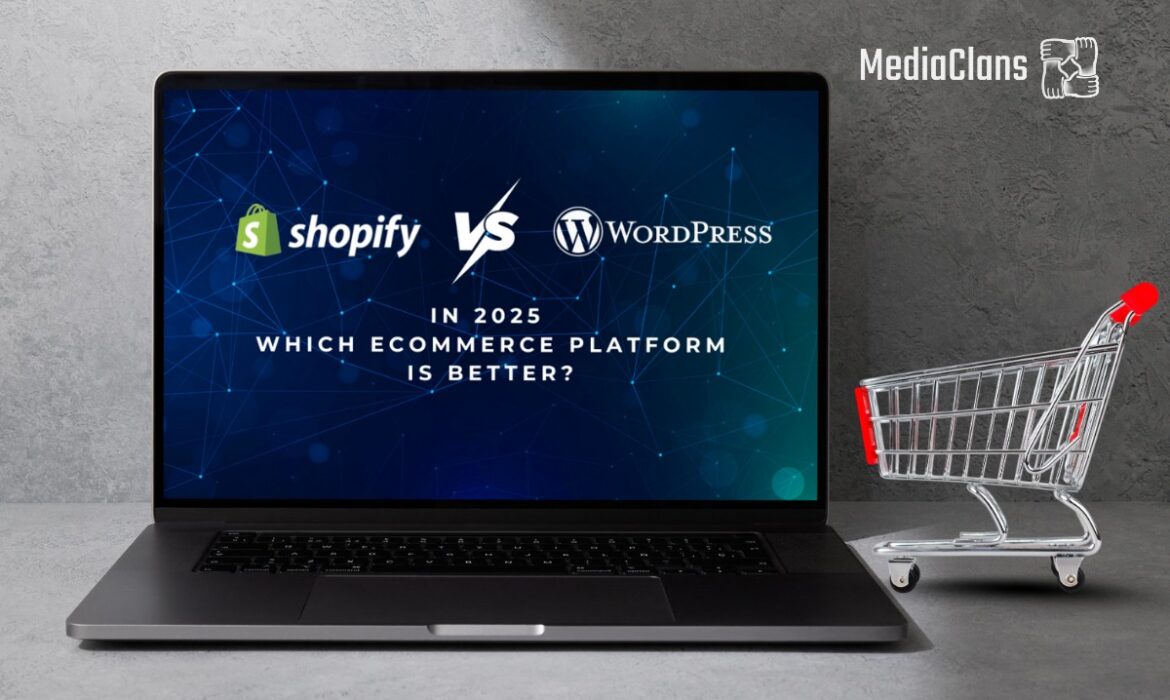Blogging vs Vlogging in 2025 – Which Content Format is More Profitable?
In the digital age, content creation has become a mainstream profession. Whether you’re a solopreneur, influencer, or business owner, choosing the right format—blogging or vlogging—can significantly impact your growth and income. While both have their own advantages, the question remains: which is more profitable in 2025?
This blog compares blogging vs vlogging across multiple dimensions, including startup costs, revenue models, scalability, and long-term sustainability, helping you decide the best path for your goals.
What is Blogging?
Blogging is the act of creating and publishing written content on a website, usually organized by niche (e.g., health, tech, travel). It’s ideal for those who enjoy writing, research, and SEO-focused content marketing.
How Do Bloggers Make Money?
- Display advertising (Google AdSense, Mediavine, etc.)
- Affiliate marketing (earning commissions from product referrals)
- Sponsored content from brands
- Selling digital products (ebooks, templates, courses)
- Email list monetization (via newsletters and funnels)
What is Vlogging?
Vlogging involves creating video content, often shared on platforms like YouTube, Instagram, or TikTok. Vlogs can be personal, educational, entertaining, or promotional, and they’re especially powerful for building a visual, emotional connection with an audience.
How Do Vloggers Make Money?
- YouTube ad revenue through Google AdSense
- Sponsorships and brand deals
- Affiliate links in video descriptions
- Merchandise and product sales
- Crowdfunding and memberships (via Patreon, YouTube Memberships)
Blogging vs Vlogging – A Profitability Breakdown
| Factor | Blogging | Vlogging |
| Initial Investment | Low (domain, hosting, tools) | Medium to High (camera, lighting, editing software) |
| Monetization Speed | Moderate | Faster if content goes viral |
| Passive Income Potential | High (via SEO and evergreen posts) | Moderate (requires regular uploads) |
| Scalability | High | High, with team support |
| Sponsorship Appeal | Moderate | High (especially in lifestyle/beauty niches) |
| Time Commitment | Lower (writing + editing) | Higher (shooting + editing) |
Which is More Profitable in 2025?
The short answer: It depends on your strengths and goals.
Choose Blogging if:
- You’re comfortable with writing and SEO
- You want to build a content asset that grows over time
- You prefer long-term, stable income over quick wins
- You plan to promote affiliate products or digital courses
Choose Vlogging if:
- You enjoy being on camera and storytelling
- You want to build a personal brand with strong visual presence
- You’re targeting sponsorships and faster audience engagement
- You can consistently create video content
Combining Blogging and Vlogging: The Best of Both Worlds
In 2025, many successful creators use both blogging and vlogging to increase reach and diversify income. Here’s how to integrate them:
- Create a blog post for each YouTube video, boosting SEO
- Embed videos within blogs to increase time-on-page and rank better
- Use blog content to script or inspire vlogs
- Promote affiliate products via both platforms for higher conversions
- Build an email list through blog CTAs and nurture it with video content
Final Thoughts
Both blogging and vlogging are profitable—if done right. Blogging may offer more stability and long-term SEO benefits, while vlogging provides faster engagement and stronger brand visibility. Your choice should align with your skills, audience, and business model.
If you’re serious about content creation in 2025, consider starting with one and gradually incorporating the other. The synergy of text and video can take your online presence to the next level.
Need Help Launching Your Blog or Vlog?
At Mediaclans, we help creators, startups, and entrepreneurs build impactful online platforms. Whether you’re launching a blog with high-ranking SEO content or starting a YouTube channel with a conversion-focused strategy, we’ve got you covered.
Visit Mediaclans. in and book a free consultation to turn your content vision into a profitable digital asset.
Shopify vs WordPress in 2025 – Which Ecommerce Platform is Better?
If you’re starting an e-commerce website in 2025, you’re likely torn between two giants: Shopify and WordPress. Both platforms dominate the online retail space, but which one is the best ecommerce platform for your needs? This in-depth comparison of Shopify vs WordPress will help you make the right decision.
1. Overview: Shopify vs WordPress
- Shopify is a dedicated ecommerce platform with everything built-in—hosting, payment gateways, SEO tools, and customer support.
- WordPress becomes ecommerce-ready with plugins like WooCommerce, making it more flexible but slightly complex.
2. Ease of Use
- Shopify: User-friendly, quick setup, great for beginners.
- WordPress: Requires setup and plugin management but offers higher flexibility.
Verdict: For simplicity, Shopify is ideal. For customization, choose WordPress.
3. Design & Customization
- Shopify: Offers stunning ecommerce templates, but with limited layout freedom.
- WordPress: Extensive control with thousands of free and premium themes and design plugins.
Verdict: WordPress wins in customization.
4. Ecommerce Features & Tools
- Shopify: Provides advanced inventory management, multichannel selling, and shipping options by default.
- WooCommerce: Offers similar features via plugins, though setup may take longer.
Verdict: Shopify offers faster access to core ecommerce features.
5. SEO for Ecommerce
- Shopify includes basic SEO options like meta titles, redirects, and sitemaps.
- WordPress, with plugins like Yoast SEO, gives you complete control of your SEO for ecommerce.
Verdict: WordPress offers better SEO optimization capabilities.
6. Payment Gateways & Fees
- Shopify charges a fee if you don’t use Shopify Payments.
- WordPress lets you integrate multiple gateways like Razorpay, PayPal, and Stripe freely via plugins.
Verdict: WordPress offers more freedom and less cost.
7. Pricing Comparison
- Shopify has predictable monthly pricing starting at $39/month.
- WordPress is free but includes hosting, theme, and plugin expenses.
Verdict: WordPress can be more cost-effective if you manage it well.
8. Security & Maintenance
- Shopify handles SSL, updates, and security patches for you.
- WordPress users need to ensure plugin updates and security setups manually.
Verdict: Shopify is more hands-off and secure by default.
9. Customer Support
- Shopify offers 24/7 live support.
- WordPress relies on forums, community, or plugin-specific support.
Verdict: Shopify provides faster, centralized help.
Final Verdict: Shopify vs WordPress 2025
| Criteria | Best Choice |
| Ease of Use | Shopify |
| Customization | WordPress |
| SEO | WordPress |
| Features | Shopify |
| Cost Control | WordPress |
| Support | Shopify |
Whether you want control or convenience, both platforms are leaders in the e-commerce platform space. But choosing the right one depends on your business goals, tech skill, and budget.
Ready to Build or Scale Your E-commerce Website?
Let the experts at MediaClans, a leading digital agency in Nagpur, build your Shopify or WordPress ecommerce website tailored to your business. Whether you’re a startup or scaling brand, we’ll help you grow online—fast.

